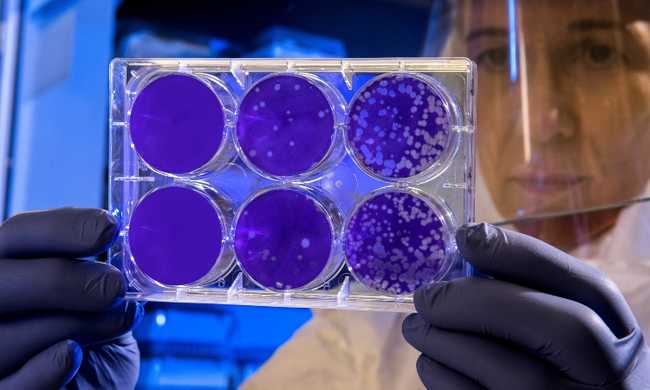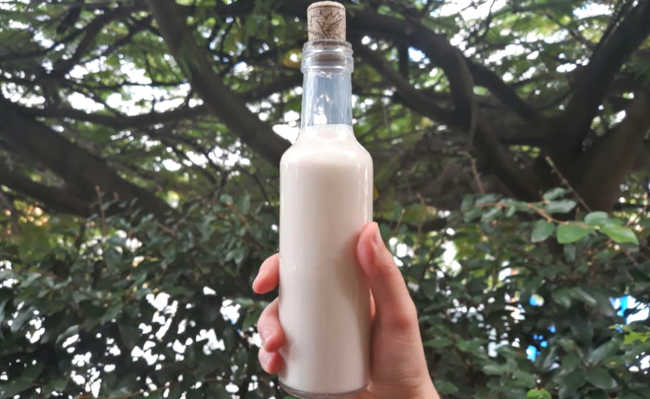Benefits of coffee with lemon: myth or truth?
Coffee and lemon have health benefits, but some of the benefits of drinking them together are popular belief. Understand

Edited and resized image of Toa Heftiba is available on Unsplash
Drinking coffee with lemon is a trend adopted by those looking to lose weight, relieve headaches, among other uses. The idea is to drink 240 ml of coffee with the juice of a lemon. Both coffee and lemon have proven health benefits, which are predominantly associated with their high content of antioxidants, which protect the body from the effects of free radicals. However, some benefits of drinking coffee with lemon are myths. Understand what science says about it:
- Eight Incredible Coffee Benefits
- Lemon Benefits: From Health to Cleanliness
Benefits of coffee with lemon
Roasted coffee beans contain more than a thousand bioactive compounds, but caffeine and chlorogenic acid (CGA) stand out as the main active compounds with antioxidant capacity, according to the study. These compounds protect the body against the growth of cancer, including liver, prostate, endometrial, breast, gastrointestinal and colorectal cancers (see studies on this: 1, 2, 38, 3).
In addition, coffee has been associated with a reduced risk of type 2 diabetes, heart and liver disease, and depression, as well as Alzheimer's and Parkinson's disease (see studies on this: 1, 4, 5, 6).
Finally, caffeine is responsible for the energy-boosting effect, positive influence on the performance of resistance exercises and the ability to increase calorie burning, resulting in weight loss (see studies about it: 3, 7, 8, 9 ).
Proven Benefits of Lemon Juice
Lemon is an excellent source of vitamin C and flavonoids, which, according to a study, act as powerful antioxidants.
- Foods rich in vitamin C
Both vitamin C and citrus flavonoids have been associated with a lower risk of cancer in the esophagus, stomach, pancreas and breast cancer (see studies about it here: 10, 11, 12, 13, 14).
In addition, both compounds offer protection against heart disease, while vitamin C protects the immune system and helps fight infections (see studies on this: 15, 16, 17, 18).
As you can see, coffee and lemon offer a wide range of benefits that protect the body from chronic diseases. Still, mixing the two doesn't necessarily translate into a more potent drink.
What popular belief says about drinking coffee with lemon
1. Helps burn fat
This notion is prevalent among many trends involving the use of lemons, but ultimately neither lemon nor coffee can melt the fat.
The only way to get rid of unwanted fat is to consume fewer calories or burn more of them. Therefore, this statement is false.
However, studies show that coffee can help you lose weight, which is why some people may experience a slight reduction in weight when consuming the beverage.
Recent research has found that caffeine can stimulate brown adipose tissue (TAM), a type of metabolically active adipose tissue that shrinks with age and can metabolize carbohydrates and fats.
A human study has shown that caffeine from a standard 240ml cup of coffee can increase TAM activity, causing an increase in metabolic rate that leads to weight loss.
Likewise, older studies from the 1980s and 1990s explain that caffeine can increase your metabolic rate during the three hours after ingestion, increasing your calorie burn by 8 to 11% - meaning you can burn 79 to 150 extra calories per day (see studies about it here: 19, 20, 21).
That said, the potential weight loss effect could be due to the caffeine and not the blend of coffee and lemon.
2. Relieves headache
One hypothesis suggests that caffeine has a vasoconstrictor effect - meaning it constricts blood vessels - which reduces blood flow to the head and relieves pain (see study on this: 25).
Research also suggests that caffeine may amplify the effects of medications used for headaches and migraines (see studies on this here: 22, 23, 24).
However, another hypothesis states that caffeine may act as a trigger for headaches for some, along with other beverages and foods such as chocolate, alcohol and citrus fruits such as lemons (see study about it here: 26).
Therefore, drinking coffee with lemon can alleviate or worsen the headache. And if it helps to reduce the pain, it would again be due to the caffeine in coffee, not coffee and lemon.
3. Relieves diarrhea
This remedy requires eating coffee ground with lemon instead of drinking it.
Still, there is currently no evidence to support the use of lemons in the treatment of diarrhea, and coffee stimulates the bowel, increasing the need to evacuate (see study on this here: 27).
- Diarrhea Remedy: Six Home-Style Tips
- Probiotics for diarrhea: benefits, types and side effects
In addition, diarrhea causes a significant loss of fluid that can lead to dehydration, which can worsen the diuretic effect of coffee (see studies about it here: 28, 29).
4. Offers skin care benefits
Studies suggest that the antioxidant content of coffee and lemon may provide benefits to the skin, so there seems to be an ounce of truth behind this claim.
Studies show that coffee consumption can reduce skin peeling, improve smoothness and reduce skin barrier deterioration (see studies here: 30, 31, 32).
In turn, the vitamin C content of lemon can stimulate the production of collagen - a protein that provides strength and elasticity to the skin - and reduce the damage to the skin caused by free radicals caused by exposure to the sun (see studies here for respect: 33, 34, 35).
- Oxybenzone: toxic compound is present in sunscreen
However, you can still enjoy these benefits by consuming coffee and lemon separately, as no evidence suggests that the effect is only exerted when the two are mixed.
Disadvantages
Evidence suggests that drinking too much coffee can lead to caffeine addiction. In addition, regular caffeine intake is linked to sleep disturbances and associated daytime sleepiness, as well as an increased risk of miscarriage (see studies about it here: 7, 36).
As for lemons, although generally uncommon, some people may be allergic to citrus fruit juice, seeds or peels (see study about it here: 37).










